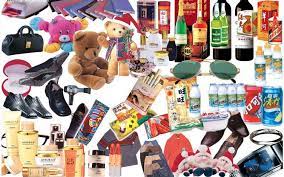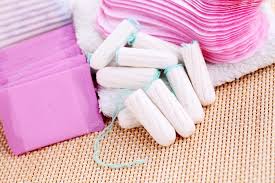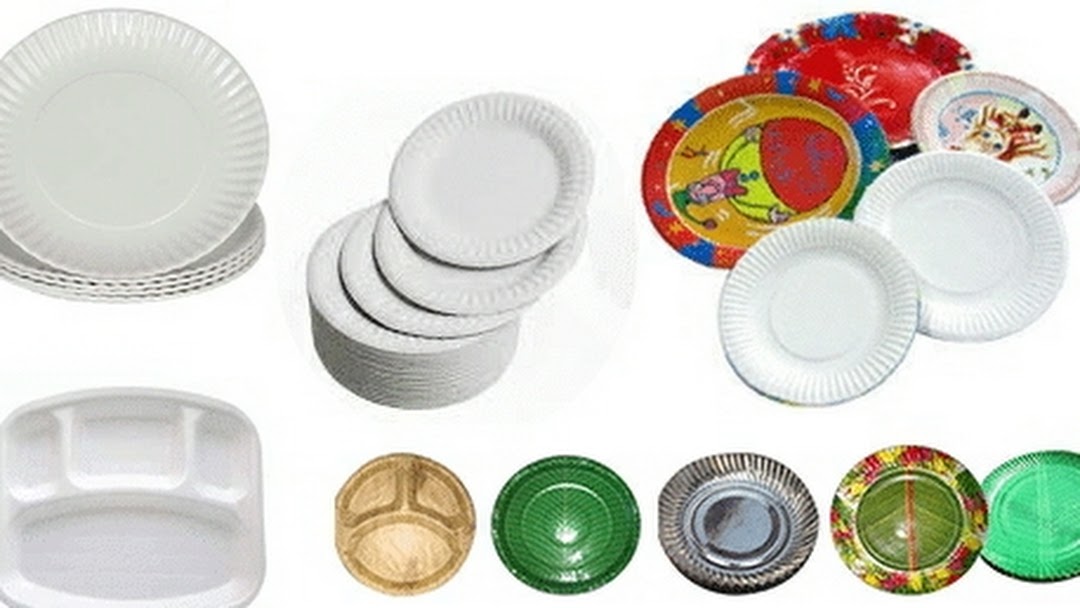
The MSME is connected with startup india. There the company starts a different type of project which is run the help or rural employee. This sector is very helpful for those people who are unemployed.
The Ministry of Micro, Small and Medium Enterprises is the ministry in the Government of India. It is the apex executive body for the formulation and administration of rules, regulations and laws relating to micro, small and medium enterprises in India. The Minister of Micro, Small and Medium Enterprises is Narayan Rane.
The Ministry of Small Scale Industries and Agro and Rural Industries was created in October 1999. In September 2001, the ministry was split into the Ministry of Small Scale Industries and the Ministry of Agro and Rural Industries. The President of India amended the Government of India (Allocation of Business) Rules, 1961, under the notification dated 9 May 2007. Pursuant to this amendment, they were merged into a single ministry.
The ministry was tasked with the promotion of micro and small enterprises. The Small Industries Development Organisation was under the control of the ministry, as was the National Small Industries Corporation Limited public sector undertaking.

In marketing, a product is an object, or system, or service made available for consumer use as of the consumer demand; it is anything that can be offered to a market to satisfy the desire or need of a customer. In retailing, products are often referred to as merchandise, and in manufacturing, products are bought as raw materials and then sold as finished goods. A service is also regarded as a type of product.
In project management, products are the formal definition of the project deliverables that make up or contribute to delivering the objectives of the project.
A related concept is that of a sub-product, a secondary but useful result of a production process.
Dangerous products, particularly physical ones, that cause injuries to consumers or bystanders may be subject to product liability.
A menstrual pad, or simply a pad, (also known as a sanitary pad, sanitary towel, sanitary napkin or feminine napkin) is an absorbent item worn by women in their underwear when menstruating, bleeding after giving birth, recovering from gynecologic surgery, experiencing a miscarriage or abortion, or in any other situation where it is necessary to absorb a flow of blood from the vagina. A menstrual pad is a type of menstrual hygiene product that is worn externally, unlike tampons and menstrual cups, which are worn inside the vagina. Pads are generally changed by being stripped off the pants and panties, taking out the old pad, sticking the new one on the inside of the panties and pulling them back on. Pads are recommended to be changed every 3–4 hours to avoid certain bacteria that can fester in blood; this time also may differ depending on the kind worn, flow, and the time it is worn.
Menstrual pads are made from a range of materials, differing depending on style, country of origin, and brand. The pads are not the same as incontinence pads, which generally have higher absorbency and are worn by those who have urinary incontinence problems. Although menstrual pads are not made for this use, some use them for this purpose.


Masala (from Hindi/Urdu masalah, based on Arabic masalih) is a term from the Indian subcontinent for a spice mix. A masala can be either a combination of dried (and usually dry-roasted) spices, or a paste (such as vindaloo masala) made from a mixture of spices and other ingredients—often garlic, ginger, onions, chilli paste and tomato. Masalas are used extensively in Indian cuisine to add spice and flavour, most familiarly to Western cuisine in chicken tikka masala and chicken curry, or in masala chai. Other South Asian cuisines including Bangladeshi, Nepali, Pakistani and Sri Lankan, Southeast Asian cuisine such as Burmese and the Caribbean regularly use spice mixes.
As is the case for disposable cups, materials used are usually paper, plastic (including expanded polystyrene foam), or plastic-coated paper. Recycling rates are especially low for paper-based products, especially when soiled with (wet and / or oily) scraps due to diminished recyclate quality. The waste problem is aggravated by the fact that most of the utilities themselves come in plastic and thus disposable packaging. Efforts are made to introduce biodegradable materials like sugarcane, bamboo, wheat straw, palm leaves, or various types of flours (rice, wheat and sorghum). Nevertheless, biodegradable and composable plastics often do not break down in landfill environments.
